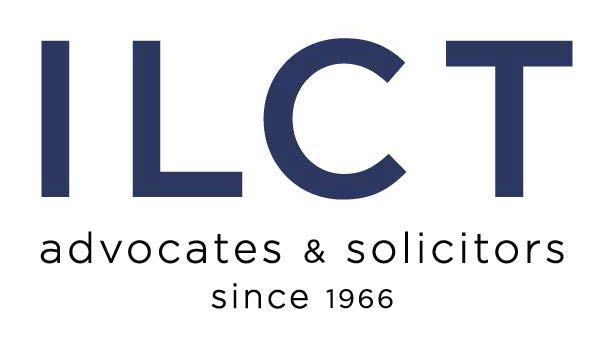Personal Income Tax on Easy e-Receipt Program and Tax Measures
Thailand is introducing a series of tax measures aimed at stimulating economic growth, encouraging local spending, supporting public health, and attracting skilled Thai professionals back to the country. These initiatives reflect the government’s commitment to boosting the economy in Thailand while drawing on global talents.
At the center of these efforts are two key programs: Easy e-Receipt 2.0, designed to drive consumer spending, and tax measures encouraging donations to public health institutions and the return of skilled Thai professionals to targeted industries.
Easy E-Receipt
Thailand’s Revenue Department is introducing Easy e-Receipt 2.0, a tax initiative designed to encourage electronic transactions and provide tax relief for individual taxpayers. This program, running from 16 January to 28 February 2025, allows deductions of up to 50,000 THB as an allowance for personal income tax on eligible expenses made within Thailand. By promoting the use of e-Tax invoices and e-Receipts, the initiative aims to streamline tax filing, reduce paperwork, and drive the country’s digital transformation. Sellers or service providers must receive approval from the Revenue Department to issue these documents.
The program is exclusively available to individual taxpayers who file personal income tax returns, while ordinary partnerships and non-legal entities are not eligible. Taxpayers can deduct up to 30,000 THB for expenses paid to VAT or non-VAT registrants. An additional 20,000 THB deduction applies to costs paid for OTOP (One Tambon One Product) items, as well as goods and services from community enterprises and social enterprises registered with the relevant government agencies. This provides an opportunity to support local businesses while benefiting from significant tax savings.
Only certain purchases remain eligible for deductions if the seller is a non-VAT registrant. These include books, newspapers, and magazines in both physical and digital formats, as well as OTOP products and products and services from community enterprises and social enterprises. These deductions make it easier for taxpayers to support local businesses and cultural products without losing tax benefits.
However, certain expenses are excluded from the program, such as alcohol, beer, wine, tobacco, fuel, cars, motorcycles, boats, and Long-term services that extend beyond the program period.
To ensure eligibility, taxpayers must receive an e-Tax Invoice (full form) or e-Receipt, which is automatically recorded in the taxpayer’s My Tax Account.
Tax Measures
Personal Income Tax and Corporate Income Tax for e-Donation
As part of efforts to boost public health funding, the government has extended tax benefits to encourage donations to medical and healthcare institutions. Effective from 1 January 2025 to 31 December 2027, this initiative allows individuals and juristic entities to deduct twice of e-donation for personal income tax and corporate income tax, respectively.
Individuals can deduct twice of e-donation amount and juristic entities can deduct twice of e-donation amount or asset value, provided that e-donation is paid or assets are transferred to specified organizations or foundations, such as Thai Red Cross Society, Siriraj Foundation, Chulabhorn Foundation.
Personal Income Tax Rate Reduction for Skilled Thai Employees and Tax Incentives for Employers
In parallel, the government is implementing tax measures to attract Skilled Thai professionals from overseas. This initiative is designed to align with national economic strategies, including the Promotion of Investment Act B.E. 2520 (1977), the National Competitiveness Enhancement Act for Target Industries Act B.E. 2560 (2017), and the Eastern Economic Corridor (EEC) Act B.E. 2561 (2018).
For Skilled Thai Employees returning to work in targeted industries can reduce personal income tax rates from a progressive rate of up to 35% of net taxable income to a 17% flat rate of taxable income for the period from the effective date until December 31, 2029, provided that the withholding tax amount has not been claimed as a tax refund or credit, either wholly or partially. The employers must file the appropriate form with the Revenue Department to report the name of the skilled Thai employees before making the first payment.
To qualify for these incentives, employees must meet specific criteria set forth by the Notification of the Director-General of the Revenue Department, such as holding Thai nationality, possessing at least a bachelor’s degree, and having two or more years of overseas experience.
For Employers in eligible industries are also incentivized to hire skilled Thai employees. Companies can claim 1.5 times the actual salary paid as a deductible expense for corporate income tax.
These initiatives highlight Thailand’s commitment to driving growth through local economic participation and global expertise. By encouraging consumer spending, supporting healthcare through donations, and incentivizing the return of skilled professionals. These efforts position Thailand as a leader in innovation and economic progress.
Please reach out to us at law@ilct.co.th for any further questions regarding this matter for professional legal advice.
Personal Income Tax on Easy e-Receipt Program and Tax Measures [please download]
